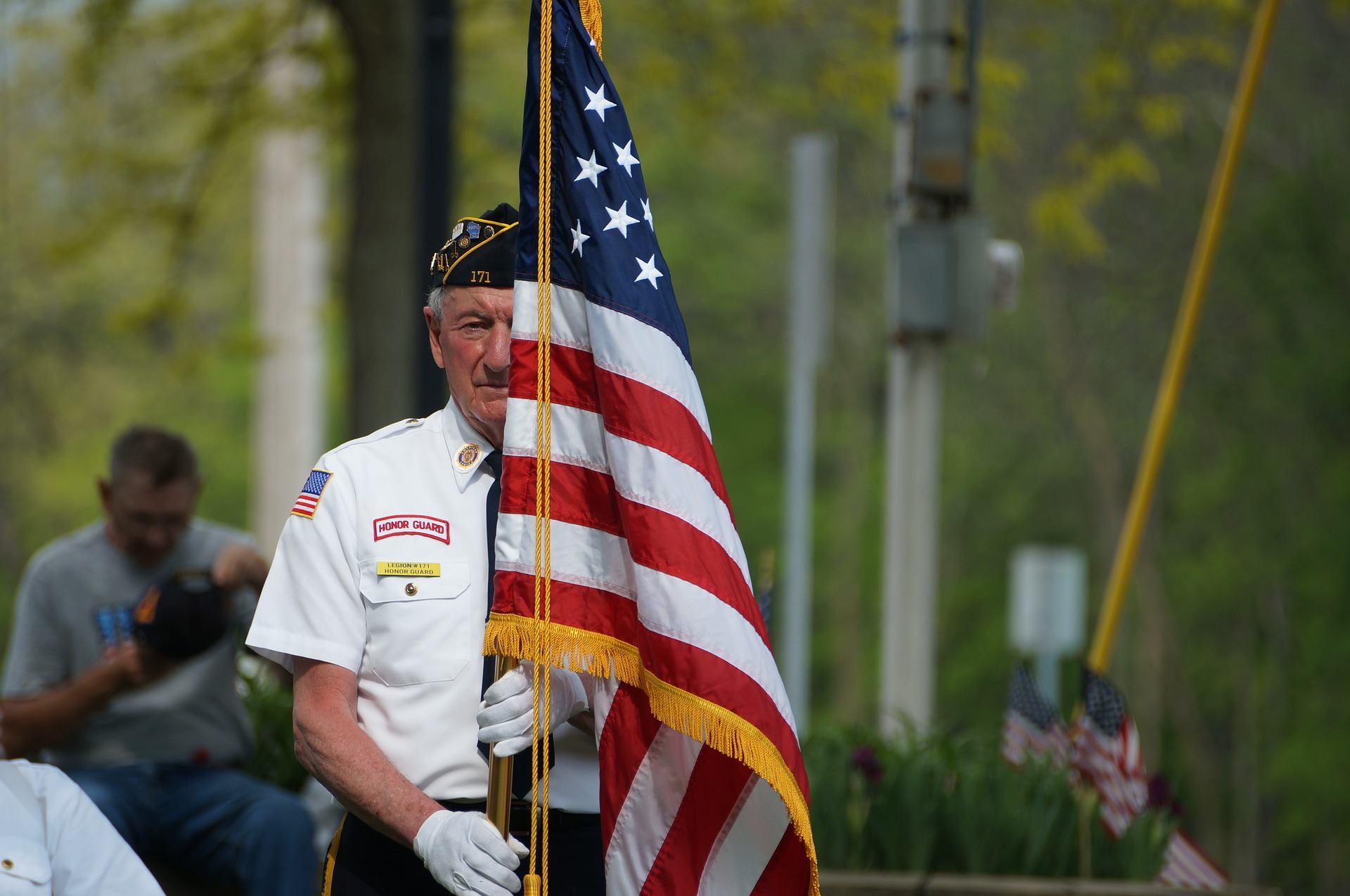As it turns out, veterans with cancer may receive the best health care in the country if they use their local VA hospitals and resources. Recent research conducted by UC Davis Health System’s Institute for Population Health Improvement found that California patients in the VA system are receiving a notably higher level of care than many people outside of the VA system.
History of VA Cancer Care
The positive research results may be a surprise to some, as the VA has had issues in the past. Historically, VA resources were lacking, resulting in long wait times and limited treatment options for cancer patients. These lengthy wait times and limited options were symptoms of larger issues within the VA and shortened veterans’ lifespans when patients couldn’t get the care needed.
Veterans with mesothelioma were particularly impacted by the VA’s past weaknesses, as veterans were unable to participate in the groundbreaking clinical trials hosted at non-VA hospitals. Fortunately, the NAVIGATE program now connects vets with many clinical trials throughout the country, providing more treatment options than ever before.
The VA hospitals and health care networks have taken additional measures to improve their cancer care, including access to cancer treatment, medical specialists, and clinical trials.
Latest in VA Cancer Care Improvements
The VA recognizes the importance of timely diagnoses and made prompt cancer screening a priority during their system improvements. As a result, California’s VA system is now better at early cancer detection than Medicaid, Medicare, and many private providers. Early detection is critical for more positive prognoses with many aggressive forms of cancer, including mesothelioma.
Accurate diagnosis has also been a priority for the VA. The VA health care system has made significant progress in ensuring veterans receive the proper diagnosis as soon as possible. For diseases like mesothelioma, accurate diagnosis is critical because it dictates the treatment protocol, which directly impacts patient prognosis.
Additionally, veterans who pursue medical treatment through the VA are more likely to follow the desired treatment protocol, receiving the latest and most effective treatments for their form of cancer. While many other insurers would fail to cover their patients’ entire care, the California VA proved to have better medical coverage.
This quality of care resulted in better outcomes for lung cancer patients, as reported by the Institute for Population Health Improvement:
“Five-year relative survival for early-stage lung cancer (stage 0 or I) was highest for patients covered by DOD or private insurance (75.4% and 64.8%, respectively) and significantly lower for Medi-Cal and Medicare-Medi-Cal dual-eligible patients (48% and 46.1%, respectively).”
The VA has also addressed challenges for veterans who are unable to reach a VA hospital, as they will now support non-VA care for individuals who can’t travel. Thanks to the VA’s expanding network of services, veterans are receiving better care and have more options than ever before.
Accessing Cancer Treatment Through the VA
Veterans who want to access cancer treatment through the VA need to follow a few simple steps to do so:
- Ensure Eligibility: Veterans must meet the eligibility requirements set out by the VA.
- File for Benefits: Veterans need to apply for VA benefits and formally enroll in the VA health care system.
- Wait for a Decision: The VA takes approximately one week to review applications.
- Schedule an appointment: book an appointment with an approved VA doctor or VA hospital
- Receive Care: Attend the appointment and receive VA cancer care, as needed.
Accessing Private and Charity Support Options
While the VA has made many notable improvements in recent years, some people still don’t receive all the support they need. Cancer can be an expensive and complicated disease to treat, and many veterans benefit from additional resources and help.
Cancer charities have risen from this need and can help veterans navigate difficult times. Charities exist to help veterans with:
- Financial support
- Counseling
- Support groups
- Education materials and workshops
- Family housing near hospitals
- Disability
- Employment
- Professional referrals
Cancer charities can also assist veterans who are not eligible for VA benefits, including individuals who did not receive an honorable discharge.
VA cancer care for veterans has significantly improved. The VA has made advancements to their care and, in many cases, helps veterans beat their cancer. But navigating the system and accessing benefits can be difficult, especially for patients with mesothelioma. To ensure you get access to your benefits, contact the Mesothelioma Veterans Center now at (877) 450-8973.

